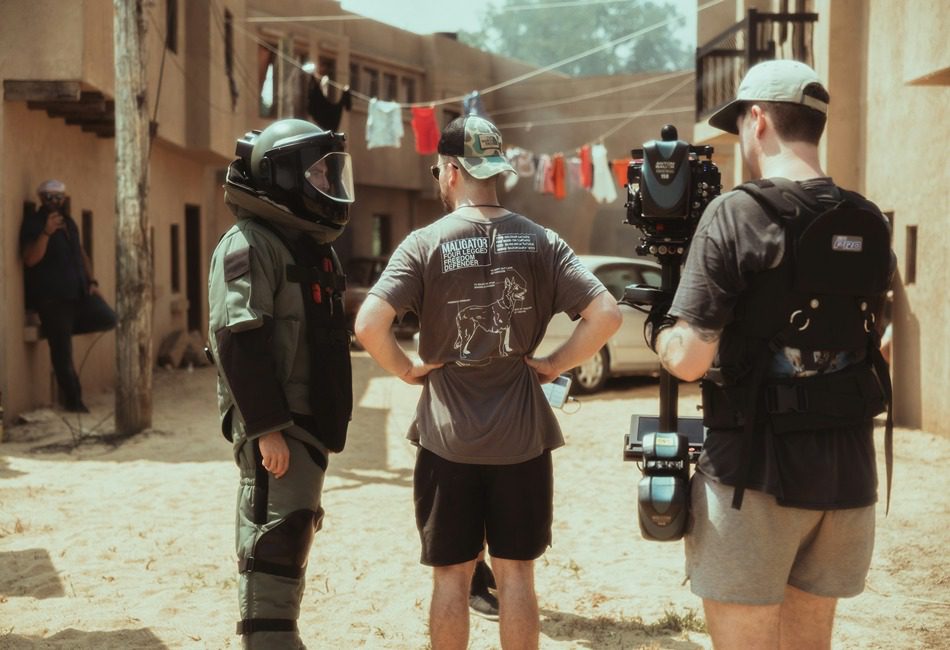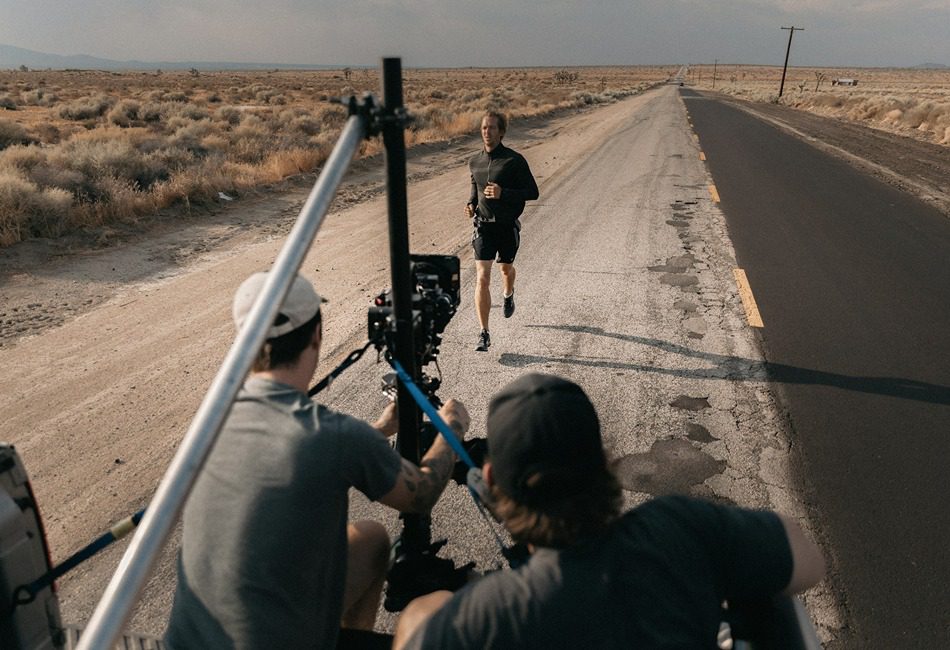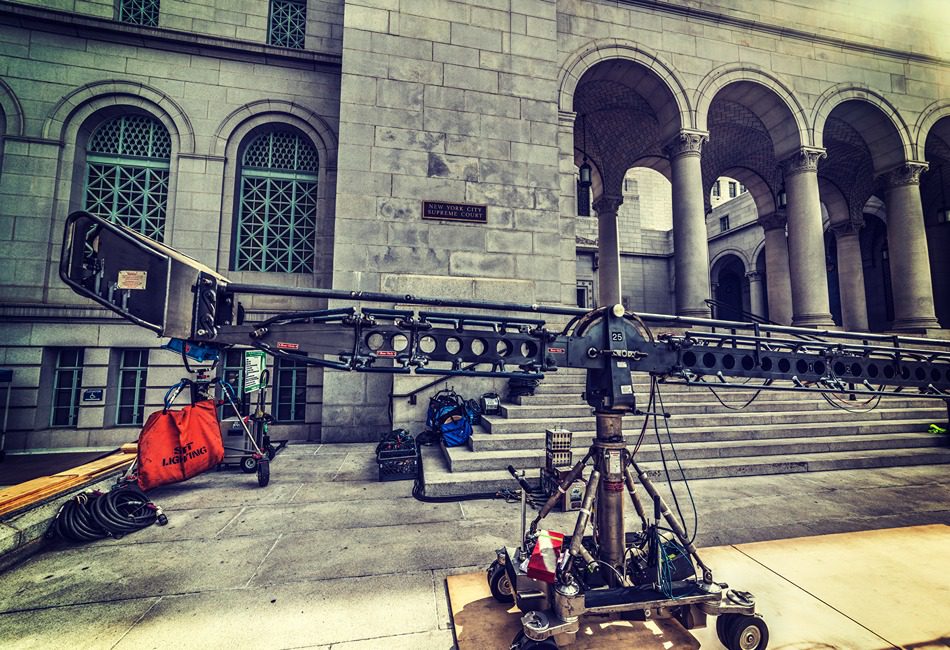Discover how to establish and maintain impactful industry partnerships by collaborating with film commissions
The first film commission was formed in the US in the late 1940s, and its role in the modern filmmaking landscape is still as vital in producing incredible stories captured on the big screen. From start to finish, working with film commissions, also known as film offices, has been and always will be a central component in successful productions. These government-endorsed, non-profit companies provide comprehensive support to the film industry with funding assistance, location and set support, local crews and talent, equipment rentals, and more.
The first step to a smooth production process is garnering support from the region’s film commission. This article highlights the intricacies of how these entities can help with your next on-screen success, from action to cut to the big screen.
Understanding Film Commission Services
Film commissions were created to support film, television and commercial productions in specific locations. They aim to attract producers to an area promoted as a filmmaking destination and stimulate the local economy through jobs, tourism and spending. Film commissions facilitate state and county film incentives with invaluable knowledge and support for projects in all aspects of the production process.
 What do film offices do?
What do film offices do?
These local film production champions help ensure cinematic projects run smoothly while maximizing the benefits to the host community and the production. This one-stop resource office also assists with permit requirements and filing, provides location scouting support, and connects productions with local talent and crews. Here’s a breakdown of the benefits of working with film commissions:
- Film commissions promote their region as a film destination by highlighting landscapes, unique locations and architecture. They also market incentives, like tax credits, rebates and grants, helping productions save on expenses.
- Free location scouting assistance is available, allowing filmmakers to connect their production with local property owners or public sites.
- Assistance with permitting helps you navigate local processes and coordinate with local agencies regarding road closures, public safety and other considerations.
- Liaise with government and community officials to act as a bridge between film crews and local authorities to open communication lines.
- Connecting production with local crew and vendors, maintaining directories of skilled labor and recommendations for local housing, rental equipment, caterers, etc.
- Advocates for the industry by working to expand film-friendly policies and educating local officials and the public about the benefits of film production to their communities.

Review all documents thoroughly to understand filming permits. Photo credit: Canva
One of the top film commissions in the world is the Association of Film Commissioners International (AFCI). AFCI is the only global non-profit organization representing city, state, regional, provincial, and national film commission members across six continents.
According to AFCI, “A great majority of the benefits we have are geared to educate and arm the film commissions with the knowledge they need to effectively perform their jobs, including classes, workshops, conferences, and one-on-one support.” This solidifies AFCI’s trusted expertise and title as one of the top film commission resources worldwide.
Best Practices: Collaborating with Film Commissions
Working with film commissions is the start of an invaluable production relationship, and proper steps must be taken to form powerful partnerships that result in successful cinematic projects.
Initiating contact and building a strong rapport with film commissions is an essential first step. When this is in place, clearly communicate your project needs and expectations so nothing is lost in translation. Once a line of communication is established, be responsive and respectful of local guidelines and laws throughout the production process.

Collaboration is key to building strong partnerships in the industry. Photo credit: Canva
According to AFCI, “Film commissioners should always engage in due diligence and ensure that the region they are looking to shoot in will be best for production’s needs. If a production is looking at incentives, be certain that there is a good understanding of how the incentives work, and what the production needs to qualify.” This ensures film offices always have the producer’s best interests in mind.
How to Leverage Film Commission Resources
Ensure a smooth production process, no matter where you shoot, with the help of invaluable film offices. Here are three film commission partnership tips and how working with them can result in a successful experience.
1. Utilize location databases and scouting support
Most film commissions maintain a comprehensive database searchable for everything from hidden gem filming locations to iconic landmarks. These search tools often include photos, production content and options to filter your needs. Many film commissions also provide free or low-cost location scouting services to help capture the perfect atmosphere for your project.
2. Navigate permitting processes
Obtaining proper permits differs by region and can be challenging. Film commissions simplify the permitting process in several ways. First, they provide updated and centralized information on permit requirements. Second, they coordinate between local authorities for fast approvals, facilitate cooperation among multiple facilities, and ensure all safety, noise and traffic regulations are met.
3. Maximize benefits from available tax incentives
The film tax incentive landscape and how to go about the process can be overwhelming. It requires complex paperwork and eligibility requirements, and film commission offices help you get everything on track. Thanks to their in-depth knowledge of regional incentives and other financial and production assistance, film commissioners help streamline and often fast-track the process, maximizing benefits for the production and boosting local economic activity.

Film commissions can assist with location scouting, permitting and equipment rentals. Photo credit: Jakob Owens/Unsplash
AFCI says, “Working with a film commission can result in a vast amount of benefits beyond the production tax incentives—do not be guided by incentives alone.” While incentives are vital, extending an olive branch to the respective film commission office beforehand is essential.
“Be sure to have communications/meetings with the film commission prior to determining to shoot in a location to maximize partnership,” adds AFCI.
Why Partnerships with Film Commissions Matter
Working with film commissions is the first step to a hassle-free and successful production experience. The long-term advantages of working with these professionals outweigh all else. Once you open a line of communication and begin working together, you can take the proper steps to produce a successful project with ease and peace of mind that they have your back. Proactive engagement with film commissions is essential to achieving your cinematic dream.
By Heather Dale, Managing Editor
Make location scouting effortless! Sign up for our free newsletter and receive exclusive filming location recommendations, production tips, and incentives.


